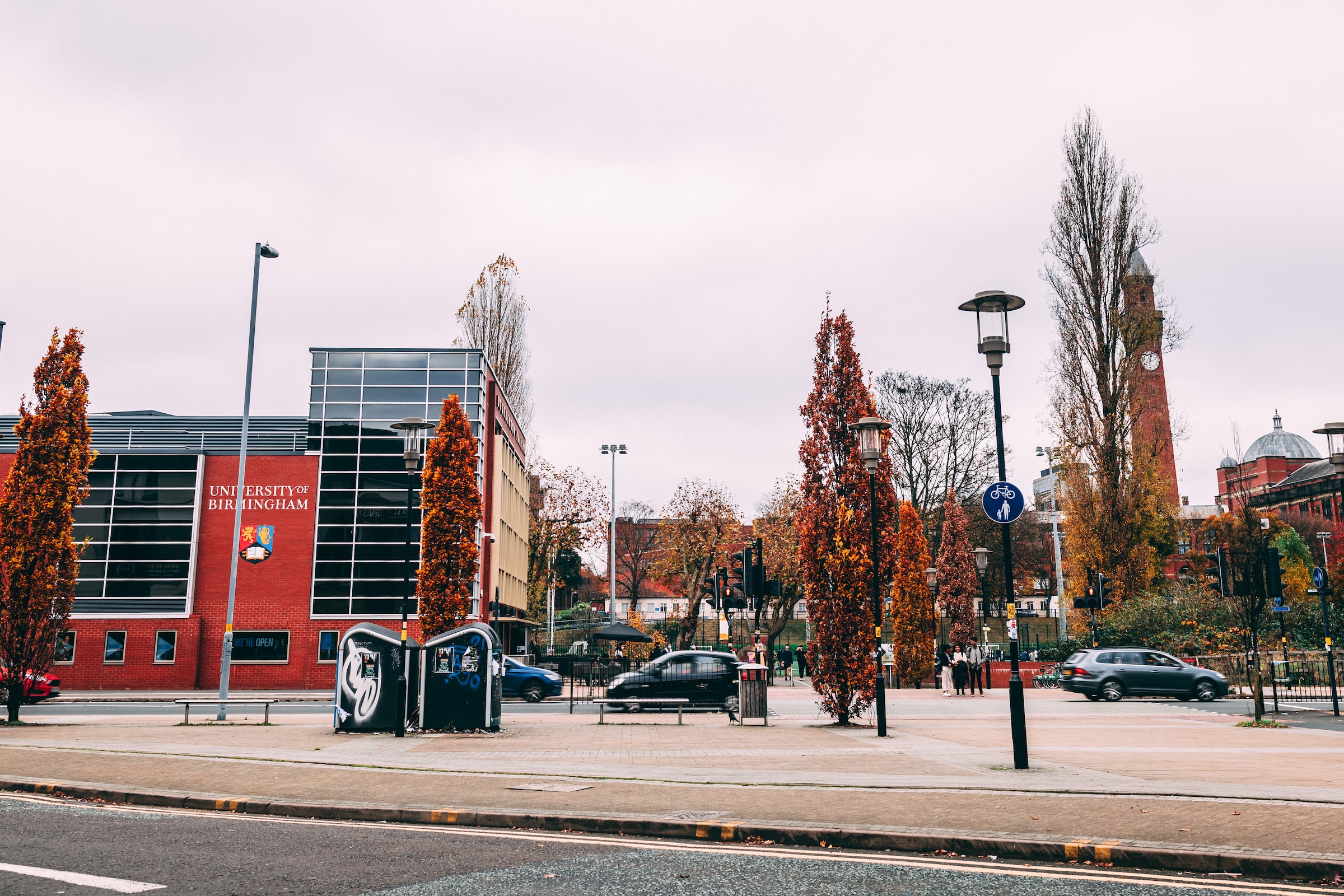
Life&Style’s Gabrielle Taylor-Dowson exposes the shocking reality behind the manufacturing of The Spice Girls’ Comic Relief T-Shirts
The Spice Girls recently expressed their involvement in and support of Comic Relief’s ‘gender justice’ campaign. According to Comic Relief, this is a campaign built around the belief that women and girls everywhere “should have equal power and agency in decisions”. The charity has made clear a number of areas of gender-based injustices that they aim to fight, from the right to an education to supporting feminist organisations. The money raised from sales of The Spice Girls’ ‘#IWannaBeASpiceGirl’ t-shirts (which are being sold for £19.40 with £11.60 reportedly going towards the campaign), is one of the ways they hope to achieve these admirable goals.
the workers are paid £82 a month for 54 hours of work a week. This amounts to just under 40p an hour
While there is no suggestion that The Spice Girls, or Comic Relief, had any knowledge of the working conditions of the factory, this revelation does shine a light on the risks of fast fashion and adds to a long list of concerns over the treatment of workers who make clothes that are sold at extreme increases in price by big retailers. It is tragically ironic that the production of t-shirts being sold with the aim to combat gendered injustices has become an example of how such systems work against workers
Women constitute the majority of clothes-makers in fast fashion factories. In Bangladesh, for example, there is an 80 – 95% female majority in such factories. Structurally, managerial positions are filled by men, while women usually work at the lower levels on the production line where they are expected to hit massively unrealistic targets. As a result of this power imbalance in which a male-majority management controls a female-majority workforce, instances of physical, mental and sexual harm on women are reported as being used as disciplinary measures. This is exactly the kind of systematic gendered injustice that Comic Relief’s campaign is trying to combat.
Ultimately, this case shows how essential it is that any celebrity, brand or charity thoroughly checks that the goods they are selling are made in factories which pay a wage that is at least at the standard living wage and provides agreeable conditions in which to work. The fair treatment of workers is not something that can be brushed over in a single boardroom meeting; the rights of workers need to be made a higher priority. Whilst it can seem daunting and even expensive to break away from the fast fashion chain and explore fair-trade products, or more expensive higher quality clothing items, the process begins with knowledge, and consumers can at least try and raise an awareness of this and place pressure on retail leaders to make changes.
Comments